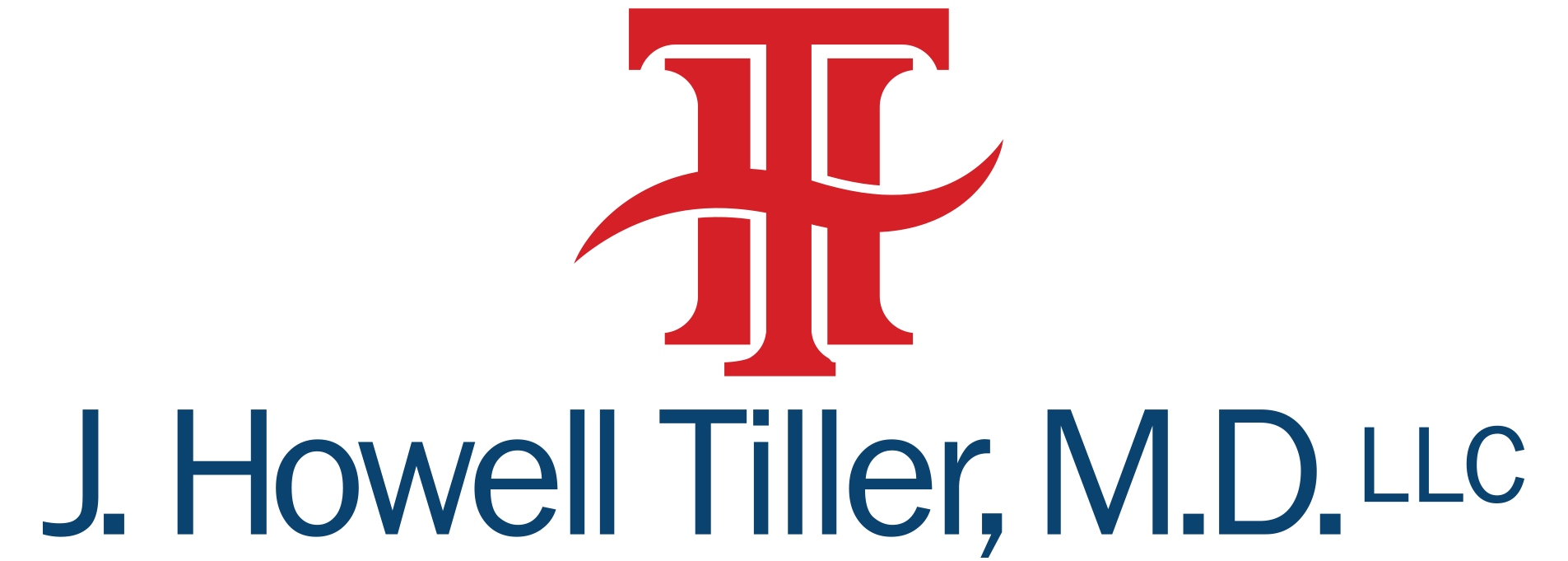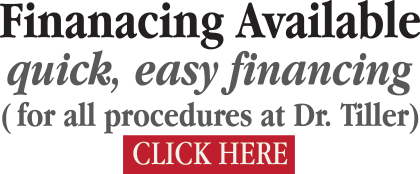Post Surgical Care
Post Surgical Care
At Pensacola Cosmetic Surgery, each patient receives individualized care and attention at every stage of the procedure. Every procedure is different and every patient is unique and responds differently to surgery. During pre-op consultations, Dr. Tiller discusses with each patient what to expect following the procedure and designs a personalized plan for recovery.
Every patient receives information about the possible after-effects of anesthesia, the ranges of discomfort, the amount of time in post-op recovery, the schedule of post-op appointments and the post-op after-care required to ensure optimum results.
Most patients should plan to have someone with them for the first several days after surgery to help facilitate a more rapid and comfortable healing process. Patients receiving general anesthesia will be released to an adult who agrees to be responsible for the patient’s care during the first 24-hours. Cosmetic Surgery in Pensacola can help patients arrange for post-surgical care through a home-health care agencies.
Dr. Tiller remains available 24-hours a day throughout the initial healing period.
The recovery period after a surgical procedure is important. If you follow your Dr. Tiller’s post-operative care directions, you’ll have the best chance of avoiding complications, and your procedure’s results will be optimal.
Your health, safety, and comfort are very important to Dr. Tiller. If you are experiencing any sort of issues while recovering from surgery or have any other questions, please feel free to contact our office (850-497-6707). Dr. Tiller and the rest of the staff will be happy to assist.
- It will be necessary for an adult to give you a ride home after surgery. Public transportation will not be an option, nor will driving yourself home, since you may not be in the proper condition to operate a vehicle.
- For at least the first few days after you are discharged from the facility, a responsible adult must constantly accompany you to aid in your care. Falling is a dangerous possibility during this time. This person should know that you must be constantly accompanied. Be sure to get your house ready for your recovery, and for your caretaker to stay with you, before your procedure.
- Be aware that anesthesia can continue to affect a patient for up to 24 hours. Some activities require coordination and precision to avoid causing injury to others or yourself; these should be avoided during this period.
- The medications administered as part of your operation will slowly leave the body. To speed up the process, drink plenty of liquids. Owning straws can serve as a reminder and can encourage more drinking of liquids. It’s important to remember that the first 24 hours after your procedure should be completely free of any alcoholic beverages. Drinking alcohol dilates the blood vessels, which increases the risk of bleeding. Also, remember that taking pain medication means avoiding drinking any alcohol, as these do not mix.
- Smoking can cause complications in the healing process and slow it down, so for 60 days following your procedure, smoking will be prohibited.
- Medications you’ve been prescribed for your recovery may be best coupled with a small amount of food. Soft, bland food is ideal for the first day or two following your surgery. After this time, eat closer to your normal diet, since this will provide the energy the body needs to recover.
- During your post-surgical recovery process, do not take any medications that were not prescribed to you. Follow medication instructions accurately. If it seems that you will not be able to manage your medications accurately and that you may overmedicate, have a friend or family member manage them for you instead. Tightness in the throat area or wheezing can be an indicator of an allergic reaction to medication. Additional indicators include rash and itchiness. Patients who notice these signs should contact our office ASAP and cease taking their medications.
- Discomfort is a typical feeling during post-surgical recovery, particularly in the first couple of days. Pain medication can be used to control and lessen this feeling. Certain symptoms require an immediate call to our office. These symptoms include fever, inflamed incisions, pain that cannot be controlled with pain medication, and swelling that is concentrated on one side of an area.
- Dressings from surgery should be left on. Once our office instructs you to take them off, you can do so safely. Contact us if your bandages feel too tight or if you’re experiencing more bleeding than expected. Also, do your best to not get them wet or dirty.
- For the first two days after the procedure, be aware of your bowel movements. If none occur, this can be problematic; over-the-counter laxatives are helpful in this situation.
- During the first 48 hours after your operation, focus on relaxing and healing. Do not engage in day-to-day tasks like cleaning the house or anything else that takes extra energy. Pushing, lifting, and pulling should be handled gently and carefully for the first 10 days of your recovery, as too much strain can cause complications. Complications such as swelling, bruising, and bleeding can also arise from more physically taxing activities such as sports and heavy exercise, so do not participate in these during the first four to six weeks of recovery.
- There are various ideal positions one can rest in following surgery, and these will depend on the procedure you get. Brazilian butt lifts, for example, require sleeping on one’s stomach and sides while keeping one’s face down, with movement recommended at two-hour intervals. Tummy tucks, on the other hand, necessitate sitting upright at a 45-degree angle. Pillows under the shoulders, elbows, and head will aid with this, as will a pillow at the small of the back.
- Taking baths should be avoided for 14 days after your surgery. Showering is acceptable, but before doing so, you must be given permission by your surgeon.
- Scars that form following your procedure should be protected from heavy sun exposure in order to avoid discoloration. Even scars under bathing suits can be affected. Sunscreen (at least SPF 15) is extremely helpful, especially since nerves that are healing may be desensitized to sunburns.
- Hot tubs are detrimental to the recovery process and should be avoided for at least four weeks.
- For the first 10 days of your recovery period, you will need to make sure that you can easily travel to our office if needed.




